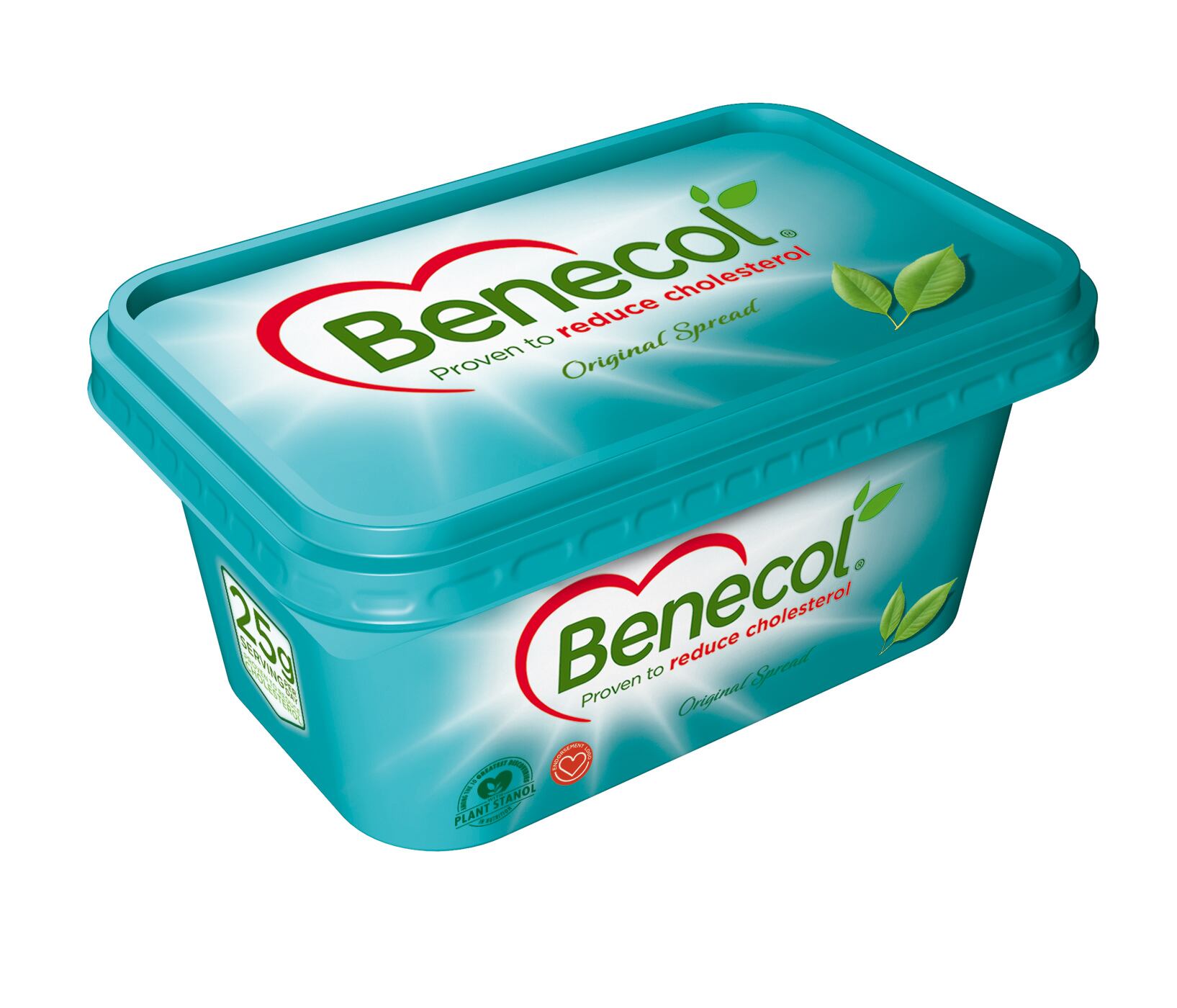Research published in the LWT - Food Science and Technology journal by Botelho et al. found that dark chocolate enriched with phytosterols maintained its functionality during storage and was capable of a US Food and Drug Administration (FDA) health claim on reduced cholesterol.
Functional food with health claim
“The dark chocolate bars developed in this study kept their potential functionality after five months of storage at room temperature, representing an option as a functional food,” said the researchers.
“…The daily intake of one bar (30 g) provided about 2.2 g of phytosterol esters, that is higher than the amount required by the FDA (1.3 g). In addition, the chocolate bar developed in this study did not contain sugar and was formulated with 50 g/ 100 g of cocoa, becoming an interesting option for individuals with dyslipidemia, type 2 diabetes or metabolic syndrome.”
What are phytosterols?
Phytosterols are natural compounds found in seeds, cereals and vegetable oils and have a similar structure to cholesterol.
They can displace cholesterol in the intestine, thereby reducing cholesterol absorption.
In the US, the Food and Drugs Administration (FDA) allows a health claim for functional foods with at least 0.65 g of vegetable oil sterol esters, eaten twice a day with meals for a daily total intake of at least 1.3 g.
The European Food Safety Authority (EFSA) has also approved a health claim to say phytosterols - or plant sterols – reduce cholesterol levels. But the claim only applies to yellow fat spreads, dairy products, mayonnaise and salad dressings containing phytosterols*.
The bars

The research team, led by scientists at the University of Sao Paulo, Alma Mater Studiorum-Università di Bologna and Brazilian functional foods company ChocoLife, developed 30g Belgian praline bars containing either palm oil or 2.2g of phytosterols in the filling.
They used ADM Natural Health and Nutrition’s phytosterols brand CardioAidTM-S.
The bars were sugar-free and used xylitol, erythritol, maltitol and sucralose to provide sweetness and bulking.
The phytosterol–enriched chocolate also contained ascorbic acid and tocopherol in the filling. The bars were packaged in in metallic BOPP (biaxially oriented polypropylene) film and stored for five months.
Phytosterols remained active
The researchers had hypothesized that the phytosterols would oxidize over time and reduce the functionality of the product.
However, the bioactivity of the phytosterols was maintained during storage (at 20°C and 30°C) despite some oxidation.
The chocolate bars kept their color for 90 days of storage, then started to become lighter – an early sign of fat bloom. The authors said that chilling or freezing the chocolates could reduce the risk of fat bloom.
However, the changes in color did not impact sensory acceptability. Sensory analysis was conducted by an untrained panel of 30.
Earlier research
Gregory Drew, director of the food & beverage group at Pharmachem , which helps confectioners incorporate functional ingredients into new products, previously told ConfectioneryNews that phytosterols were growing in popularity. He said they were “relatively plug and play” for chocolate, requiring few special formulation provisos.
Earlier research has also suggested potential in chocolate. In 2008, a Mars-funded study found that the company’s sterol-imbued CocoaVia chocolate bars lowered cholesterol by 2% and LDL cholesterol by 5.3% after an eight-week trial.
Source:
LWT - Food Science and Technology 55 (2014) 444-451
http://dx.doi.org/10.1016/j.lwt.2013.09.002
‘Oxidative stability of functional phytosterol-enriched dark chocolate’
Authors : Patrícia Borges Botelho et al.
*Edited - This article previously said that the EFSA claim was to "maintain" and not to "reduce" cholesterol.
